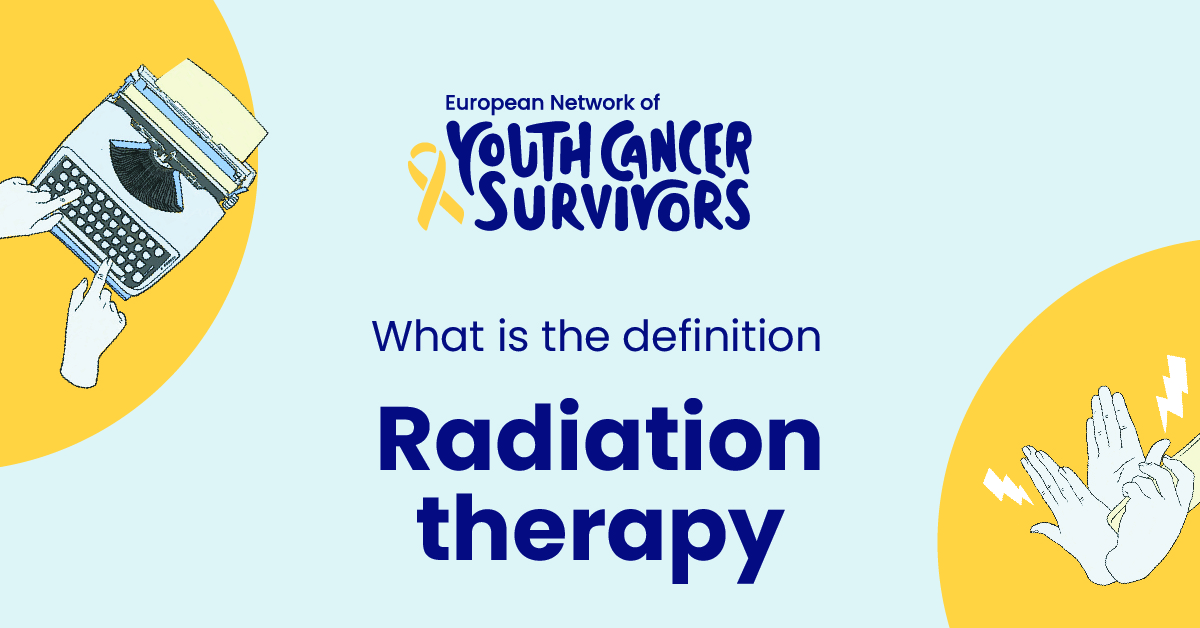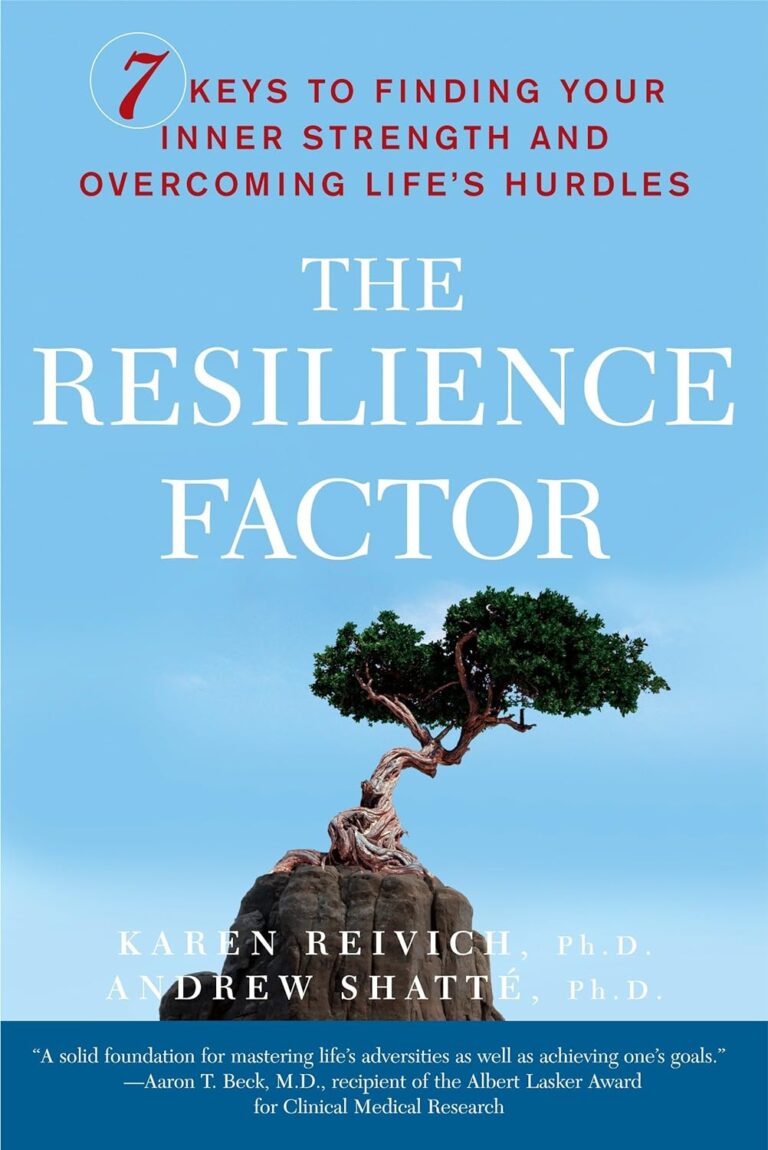
In the ever-evolving realm of healthcare, understanding various treatments and therapies is vital for both healthcare professionals and patients alike. One such treatment modality that has garnered significant attention over the years is radiation therapy. In this comprehensive guide, we delve into the basics of radiation therapy, its types, uses, benefits, risks and the innovations shaping its future.
Understanding the Basics: Definition of Radiation Therapy
Explanation of Radiation Therapy
Radiation therapy, often referred to as radiotherapy, utilizes high-energy radiation in the form of x-rays, gamma rays, or charged particles to damage or kill cancer cells. These cells cannot repair the damage caused by radiation, leading them to die and allowing the body to remove them naturally. First used to treat cancer in the early 20th century, today radiation therapy is a common means of cancer treatment, either used on its own or in combination with other treatments like surgery or chemotherapy.
How Radiation Therapy Works
Radiation therapy works by breaking the DNA of cancer cells, preventing them from dividing and reproducing. The rapid multiplication of cancer cells is what enables the disease to spread, therefore this treatment method is inherently integral in stalling or stopping the progression of cancer.
Types of Radiation Therapy
External-beam radiation therapy
External-beam radiation therapy is the most common type of radiation therapy. It involves a machine outside your body delivering a beam of radiation directly at the cancer tissues. This type is often used when the cancer is located near the body’s surface.
Internal radiation therapy (brachytherapy)
Internal radiation therapy, or brachytherapy, refers to the implantation of radioactive sources directly into or near the tumor. This allows for delivery of high doses of radiation with minimal exposure to nearby healthy tissues.
Systemic radiation therapy
Systemic radiation therapy involves radioactive substances that travel through the blood to locate and kill cancer cells. These radioactive substances can either be swallowed or injected, depending upon the type and stage of cancer.
Get to know us better
If you are reading this, you are in the right place – we do not care who you are and what you do, press the button and follow discussions live

Uses of Radiation Therapy
Treating Cancer
Radiation therapy is a vital tool in the combat against many types of cancer. It can be used as a primary treatment, or in conjunction with surgery, chemotherapy, or immunotherapy. Sometimes, it’s used to shrink a tumor before surgery, to make it easier to remove. In other instances, it’s used post-surgery to eradicate any remaining cancer cells.
Managing Symptoms of advanced Cancer
Radiation therapy is also useful in palliative care for advanced cancer, aiding in alleviating symptoms and improving the quality of life. It can help manage pain, bleeding, or other symptoms caused by a large tumor mass.
Uses beyond Cancer Treatment
Whilst most renowned for cancer treatment, radiation therapy also has uses beyond this scope. It can be used for treating noncancerous conditions like thyroid disease, certain types of blood disorders, and abnormal blood vessels.
The Process of Radiation Therapy
Consultation
Like any treatment method, radiation therapy begins with a consultation. During this meeting, the radiation oncologist discusses the recommendations, laying out the benefits, risks and logistics of the treatment.
Treatment Planning
This involves utilizing a machine known as a simulator which creates a treatment plan unique to each patient. Intensive measurements and imaging studies are taken to position the body correctly and determine the precise location for the radiation to hit.
Delivery of the Treatment
Once the plan is set, the treatment phase begins. Each treatment session is fast, most often lasting just a few minutes. The quantity of sessions differs from patient to patient, depending on the type and stage of cancer.
Follow-up Care
Following the treatment sessions, regular check-ups are scheduled to monitor the patient’s response to the therapy, manage any side effects, and check for signs of recurrence.
Benefits and Risks of Radiation Therapy
Benefits
Radiation therapy has the capacity to eliminate many types of cancer, reduce tumors, and alleviate symptoms caused by the cancer. It has potentially fewer side effects compared to systemic treatments like chemotherapy as it targets only the specified area, sparing surrounding healthy tissue.
Potential Side Effects
Like any treatment option, radiation therapy presents potential side effects. These may include fatigue, skin problems, hair loss, appetite changes, and trouble swallowing. Most side effects are manageable and temporary, subsiding after the completion of treatment.
How to Manage the Side Effects
Effective communication with your healthcare team is vital in managing side effects. They can provide medications, dietary suggestions, and other supportive care strategies to help manage any side effects experienced.
Innovations in Radiation Therapy
Latest Techniques and Devices
Advancements in technology have greatly benefitted radiation therapy. Modern techniques like stereotactic radiation therapy, intensity-modulated radiation therapy (IMRT), and the use of proton therapy are improving the precision and reducing side effects. Additionally, developments in imaging technology are enhancing the delivery of radiation to tumors and cancer cells.
The Future of Radiation Therapy
As we move forward within the technological era, radiation therapy will continue to evolve and improve. Increased precision, lesser side effects, and expanded capabilities for treating various types of cancer are on the horizon.
Conclusion
In conclusion, radiation therapy is an effective way of treating many types of cancer. It offers several benefits and manageable side effects, with the potential to save lives and improve the quality of life for those with advanced cancer. The ever-evolving world of medical technology continues to advance this form of therapy, metering in hope for a future of improved outcomes for cancer patients.
FAQs:
- What exactly is radiation therapy?
Radiation therapy is a therapeutic technique involving the use of high-energy radiation to harm or kill cancer cells.
- Is radiation therapy used only for cancer treatment?
Whilst predominantly used for cancer treatment, radiation therapy is also utilized for treating other ailments such as thyroid disease, certain types of blood disorders, and abnormal blood vessels.
- What are the potential side effects of radiation therapy?
Potential side effects include fatigue, skin problems, hair loss, changes in appetite, and difficulty swallowing. However, most are temporary and subside after treatment.
- How does the process of radiation therapy work?
The process involves a consultation, a treatment planning phase where measurements and imaging studies are conducted, the actual delivery of treatment, and then follow-up care.
- What technological advancements are there in radiation therapy?
Technological advancements include modern techniques like stereotactic radiation therapy and intensity-modulated radiation therapy, as well as enhanced imaging technology for better precision in delivering the radiation.

















Comments
Thank you. Comment sent for approval.
Something is wrong, try again later